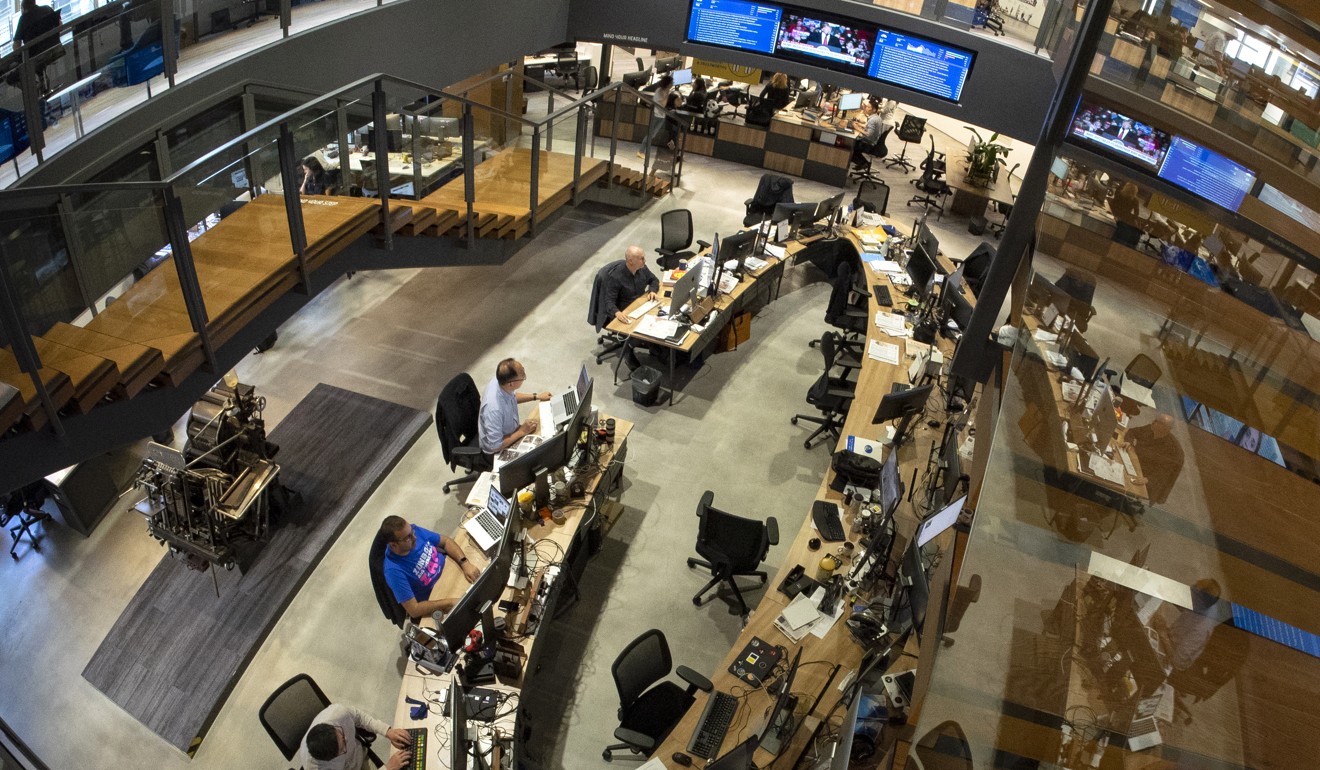
In my 30 years with the Post, the media environment has changed dramatically, but my journalistic principles remain the same
- Peter Kammerer says the Post has evolved, changed hands and moved offices over the past few decades, but why journalists do what they do should not change
On the South China Morning Post’s 115th anniversary on Tuesday, I’ve got a milestone of my own to relate: I’ve been working for the Post for more than a quarter of its existence. It’s a different place from when I began in June 1988, with dramatic changes in the reader and staff profiles, office and the manner in which news is collected and circulated.
I never intended to stay more than two years. My employment terms included a paid airfare from where I was then working, Melbourne in Australia, and which I would have to pay for if I left within 24 months – a time frame that became my target. Thereafter, my plan was to travel the world with my profession as my passport, as most major cities had English-language newspapers.
The constant throughout was an ever-evolving newsroom. While the fundamentals of journalism haven’t changed, the way stories and photos are gathered and produced has. Given the advent of mobile internet and the fierceness of competition, the aim now is to get news to readers as quickly as possible – a great challenge when tethered to those ideals of quality and accuracy. As print sales shrink, the physical newspaper is no longer the core of operations and there will come a day when the smell of newsprint and ink will evoke not urgency but nostalgia.

Naturally, I will defend in print the organisation that has provided my bread and butter for more than half my life. In person, depending on the locality, I could be more candid, telling what I think of this or that of the 17 editors I’ve worked for (four of whom could perhaps be counted as one, since they were an editorial committee). My values do not necessarily mesh with those of my employer, and few journalists could ever claim not to have been party to self-censorship.
Peter Kammerer is a senior writer at the Post

